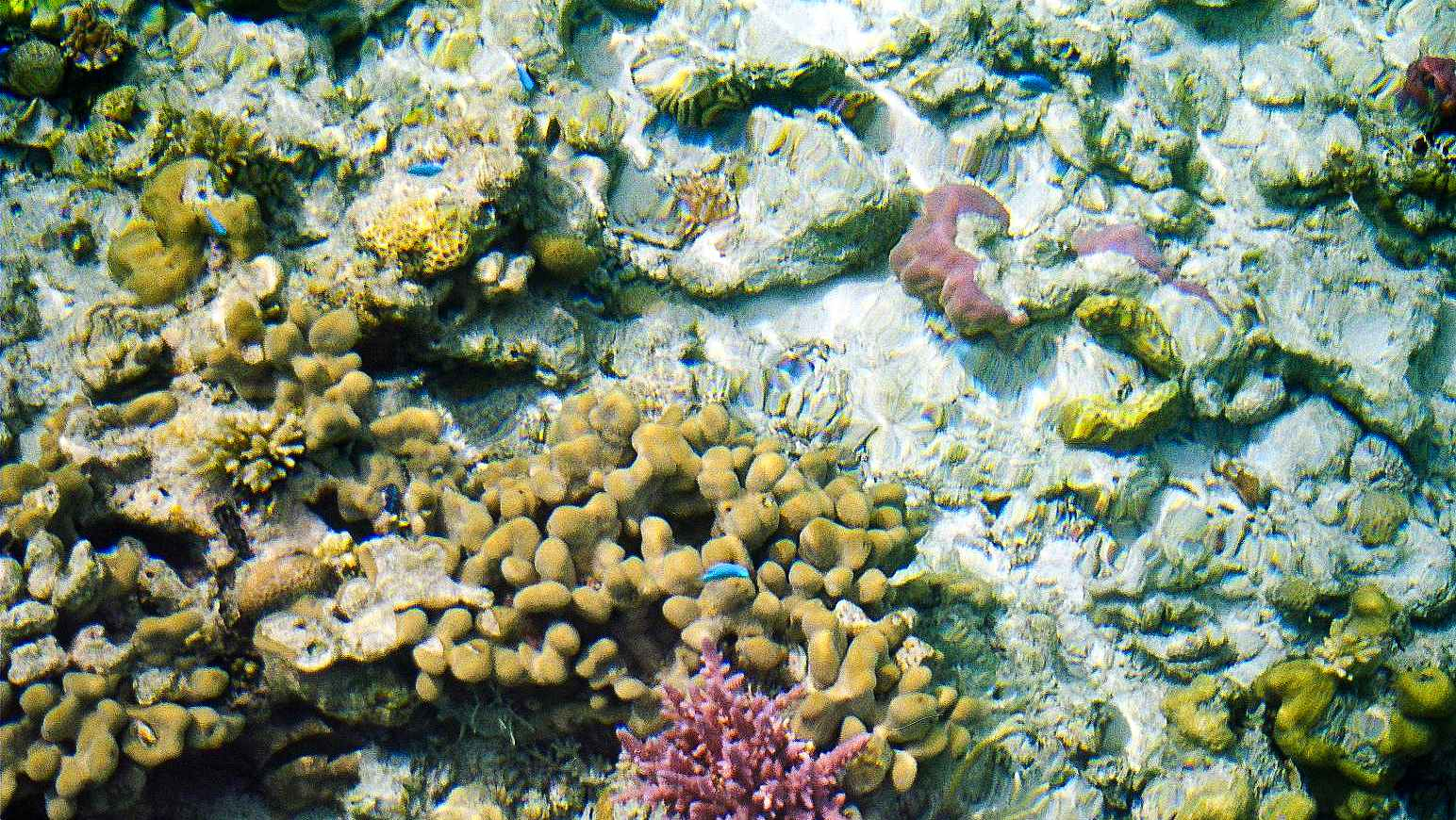
Nature
18:19, 03-Jan-2019
China launches ecological protection and restoration facilities on Nansha Islands
Updated
17:11, 06-Jan-2019
By Zhao Ying

The Chinese Academy of Sciences (CAS) has launched the Integrated Research Center for Reefs and Islands Sciences on Meiji Reef, Nansha Islands in the South China Sea, according to the CAS. The center was officially put into use on December 31.
Originally founded in 2008, the center was previously a marine observation station set by the CAS. It has now been upgraded into an on-site test base for conducting studies on abyssopelagic ecology, geology, environment, materials and marine energy of the tropical sea.
It is of global significance to carry out in-depth research on the marine sciences in the South China Sea because it has numerous islands, diverse ecosystems and abundant ocean resources. The research can contribute to ecological protection, maritime safety and maritime disaster warning in the South China Sea.

Meiji Reef, Nansha Islands in the South China Sea. /VCG Photo
Meiji Reef, Nansha Islands in the South China Sea. /VCG Photo
The center is equipped with multiple functional laboratories in related fields such as ecology and geology, which are conducive to the subsequent studies on marine ecology and environment, vegetation ecology, geology, water conservation and corrosive environment.
Apart from establishing the research center for reefs and islands, China also put facilities related to ecological protection and restoration into service on Yongshu, Zhubi and Meiji reefs of the Nansha Islands on Tuesday, according to the Ministry of Natural Resources.

Colorful coral at Meiji Reef, Nansha Islands. /VCG Photo
Colorful coral at Meiji Reef, Nansha Islands. /VCG Photo
Coral reefs, also called "rainforests of the sea", are home to 25 percent of all marine species, including fish, worms, mollusks, and crustaceans. They are fragile animals that are sensitive to water conditions. The Nansha Islands currently contain over 600 coral reefs.
By installing these facilities, people can better understand the coral reef ecosystem of the Nansha Islands and tailor conservation and rehabilitation measures for them.
(With inputs from Xinhua.)

SITEMAP
Copyright © 2018 CGTN. Beijing ICP prepared NO.16065310-3
Copyright © 2018 CGTN. Beijing ICP prepared NO.16065310-3